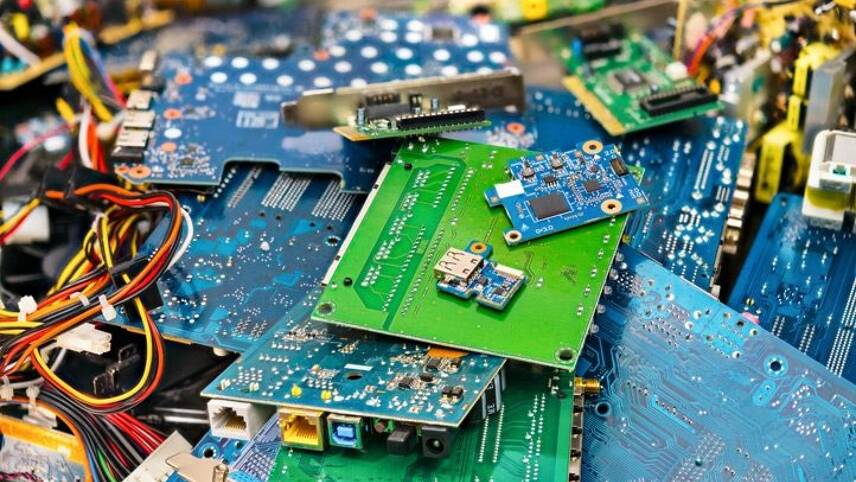Register for free and continue reading
Join our growing army of changemakers and get unlimited access to our premium content

The inquiry had received 51 submissions before it was suspended in December 2019
The inquiry was first launched by the previous EAC in June 2019, but was postponed when Parliament was dissolved for December’s general election, which saw previous EAC chair Mary Creagh lose her seat. The position has now been filled by Philip Dunne MP and a new Committee cohort unveiled.
During the course of the enquiry, the Committee will grill policymakers, business leaders and other experts, using their submissions to create recommendations for the creation of a truly circular economy for electronic goods of all sizes in the UK. The 51 submissions received between last June and the General Election will still be included.
Recommendations will take into account the full life-cycle of electronic goods, from phones to washing machines, including design, manufacturing, secondary markets and recycling.
The environmental and health risks of e-waste which does not make it to secondary markets or recycling facilities will also be scrutinised after a landmark study into the impacts of Europe’s e-waste crimes on human food chains in Africa was published last year. The study found that the dozens of hazardous chemicals found in e-waste are polluting soil, water sources and food chains, pushing food produced in Ghana’s Agbogbloshie slum region way beyond several international standards for toxins.
In a bid to minimise its contribution to the global e-waste mountain, the UK Government has earmarked more than £8m generated through compliance fees from the Waste Electrical and Electronic Equipment Directive (WEEE) for projects that increase the reuse and recycling of electronic items. The fund will be spread across the next three years, with £1m set aside for research projects, £3m to be invested in behaviour change projects and the remaining £4m to be spent on local projects that boost reuse and recycling.
The EAC, however, questions whether these measures are sufficient. Its enquiry will explore what challenges UK compliance schemes and reprocessors face in meeting WEEE targets and avoiding fraud, and how policy action could address these concerns.
“The desire to upgrade our devices continuously, coupled with the poor design of some products, is creating a growing mountain of electronic waste,” Dunne said.
“If the UK is to maintain its position as a world leader in protecting the environment, we have to manage our e-waste better and make the transition to a more efficient circular economy.”
When the EAC initially launched its inquiry, Business in the Community’s head of circular economy Libby Sandbrook wrote a blog for edie detailing its key recommendations. You can read that article in full here.
No time to waste
Research from the United Nations University (UNU) found that more than 44 million metric tonnes of electronic waste was generated globally in 2016 – up 8% on 2014 levels – with just 20% documented as recycled. Experts believe that figure reached 50 million metric tonnes in 2018, with recycling rates stagnating and a further 21% tonnage increase by 2021.
Looking further to the future, up to 120 million metric tonnes of e-waste could be generated by 2050, the EAC claims. These statistics make e-waste the fastest growing domestic waste stream in the world.
The EU this week unveiled its Circular Economy Package, including measures designed to turn these e-waste trends on their head. The package names the electronics sector as a “priority” for implementing a “right to repair” approach and floats an EU-wide take-back scheme for old phones, chargers and tablets.
Electric vehicle (EV) batteries will also be subject to new rules on both recycled content and efforts to improve the collection and recycling rates to ensure valuable materials are recovered.
The EU’s Package builds, in terms of e-waste, on ‘right to repair’ legislation requiring household appliance manufacturers to design longer-lasting products with more easily accessible internal components. From 2021, such firms will also have to supply spare parts for up to 10 years.
The UK is widely expected to continue aligning with the Package’s key facets after the Brexit transition period is complete, but a definitive confirmation has not yet come from the UK Government.
Regarding domestic policy, the Resources and Waste Strategy (RWS), in its current form, will change extended producer responsibility schemes to incentivise sustainable product design for WEEE and batteries by the end of 2020.
Sarah George


Please login or Register to leave a comment.